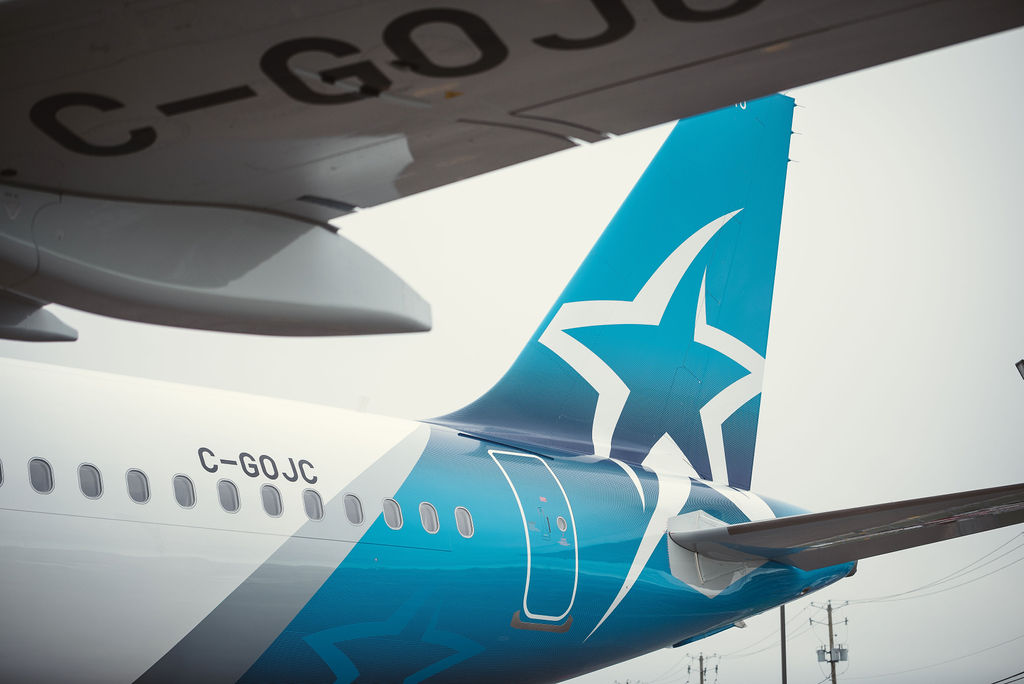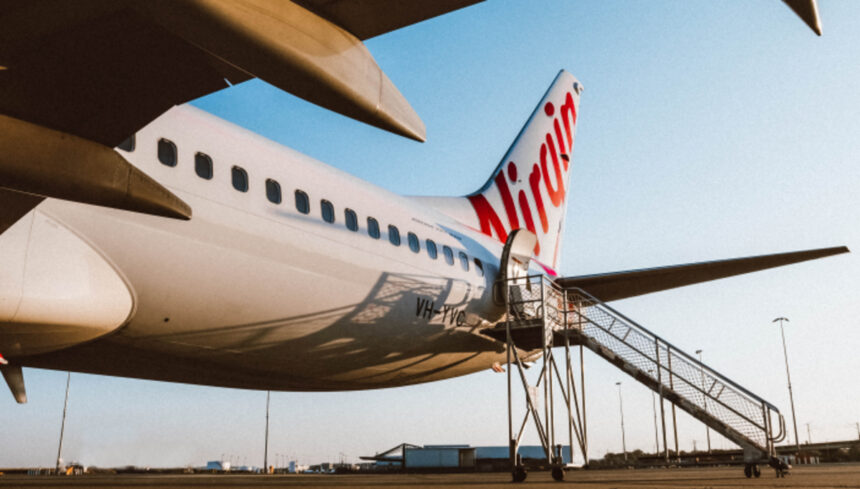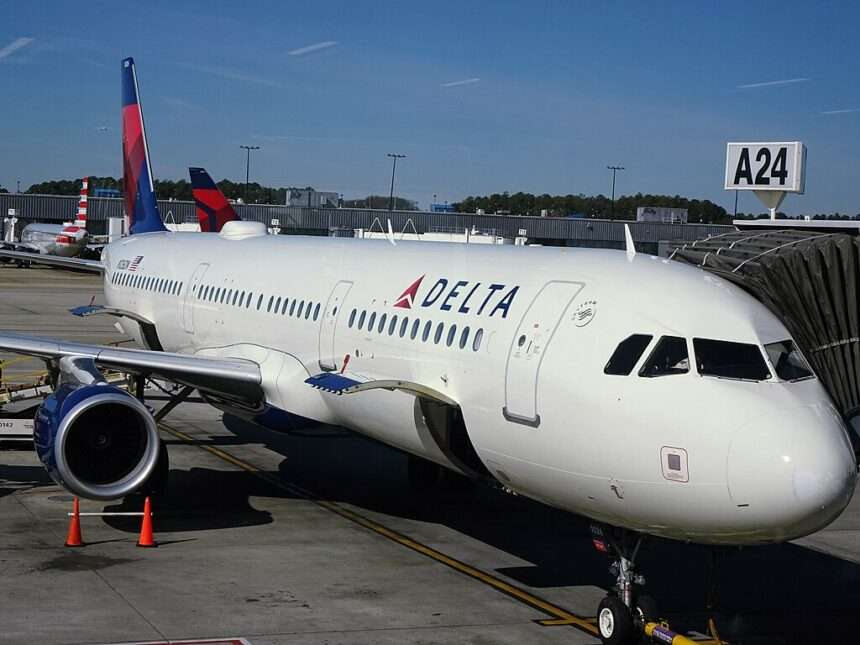Transat A.T. Inc. (TSX: TRZ), a leading integrated international tourism company known for its Air Transat brand, reported mixed results for its second quarter ended April 30, 2024.
While revenue continued its impressive upward trajectory, profitability faced headwinds due to a confluence of industry-wide and company-specific challenges.
Transat’s financial report paints a picture of a resurgent leisure travel market. Revenue climbed 11.8% year-over-year to $973.2 million, fueled by a 12% increase in customer traffic.
This rise in passenger volume reflects a strong consumer appetite for travel experiences, a positive sign for the tourism industry as a whole.
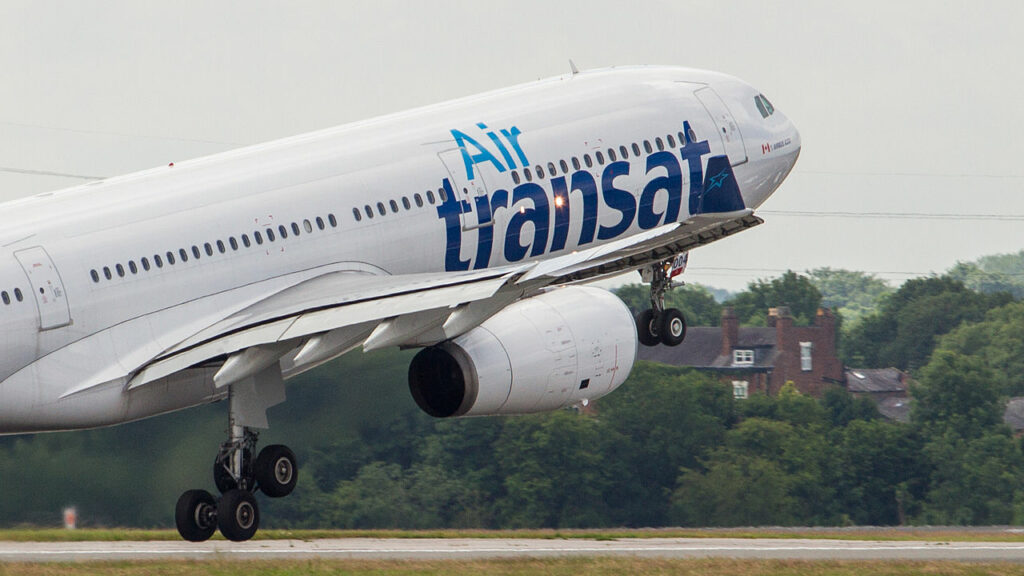
Profitability Challenges: A Perfect Storm
Despite the positive revenue figures, Transat’s adjusted EBITDA (Earnings Before Interest, Taxes, Depreciation, and Amortization) declined to $37.6 million.
This decrease is notable when compared to $56.1 million in the same quarter last year. The decrease can be attributed to several factors:
- Intensified Competition: The travel industry landscape is becoming increasingly competitive, with airlines vying for a share of the growing travel market. This competition puts pressure on pricing, leading to lower airline unit revenues (yield).
- Engine Issue Disruptions: Transat, along with other airlines, faced operational inefficiencies stemming from issues with the Pratt & Whitney GTF2 engine. These issues impacted revenue management and necessitated additional aircraft leasing to replace grounded planes, adding to operating expenses.
- Union Strike Threats: The threat of potential union strikes created uncertainty within the company, potentially impacting operational efficiency and customer service.
- Economic Slowdown: A broader economic slowdown contributed to the decline in airline unit revenues. As consumer spending habits adjust, airlines may see a downward pressure on prices.
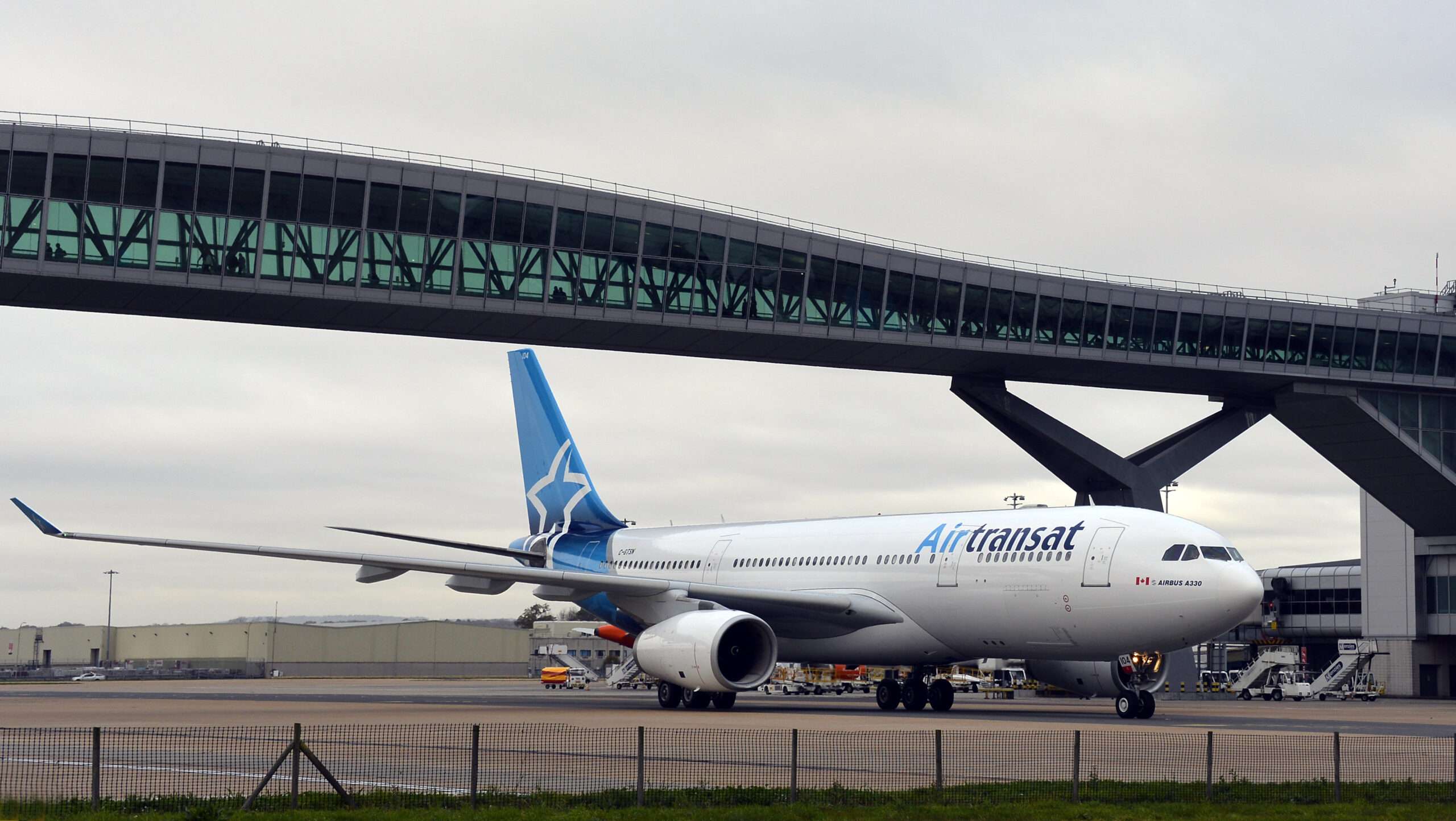
Strategic Moves: Growth and Customer Experience
Despite these challenges, Transat has remained focused on operational performance and strategic growth initiatives. The company has taken proactive steps to improve its position:
In-House Service Management
To enhance the customer experience, Transat has brought passenger and ramp services in-house at Montreal-Trudeau International Airport. This move allows for greater control over service delivery and potentially improves efficiency.
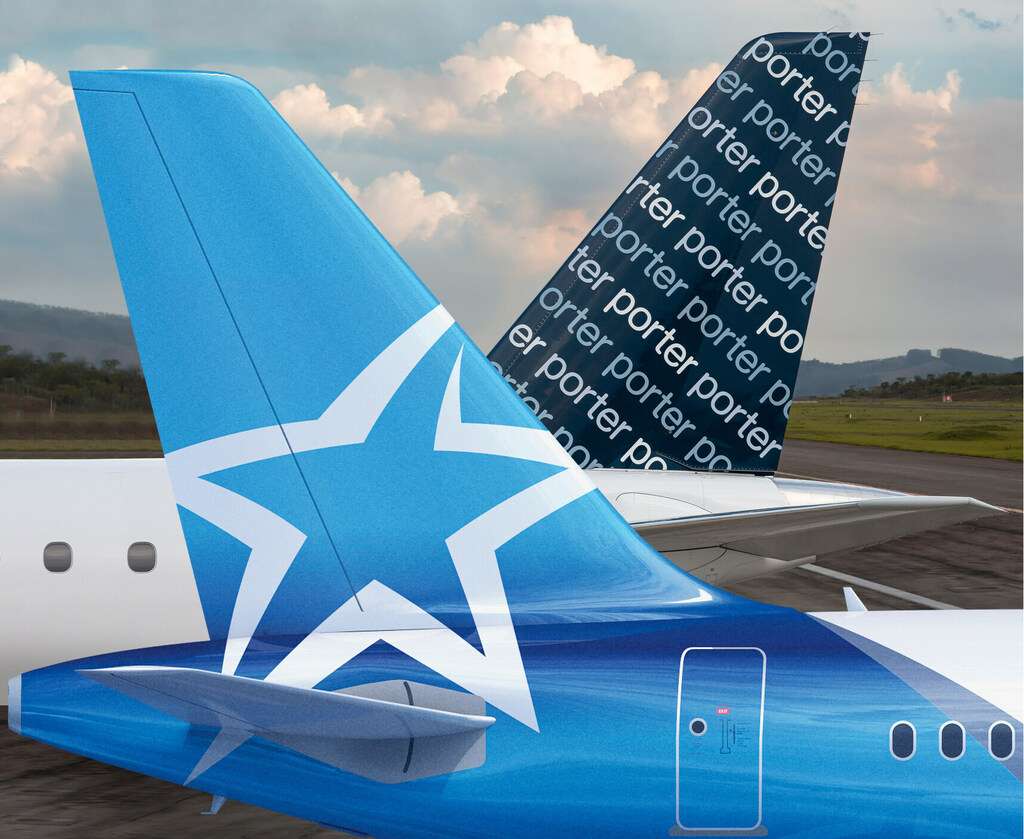
Porter Airlines Partnership
The launch of the first phase of their commercial joint venture with Porter Airlines signifies a strategic move to optimize network efficiency and potentially offer customers a wider range of destinations and travel options.
Fleet Expansion and Debt Management
Transat is actively expanding its fleet with the arrival of new aircraft, including the A321LRs, which will play a crucial role in supporting future growth strategies. Additionally, the company has focused on strengthening its financial position by repaying debt and extending credit maturities.
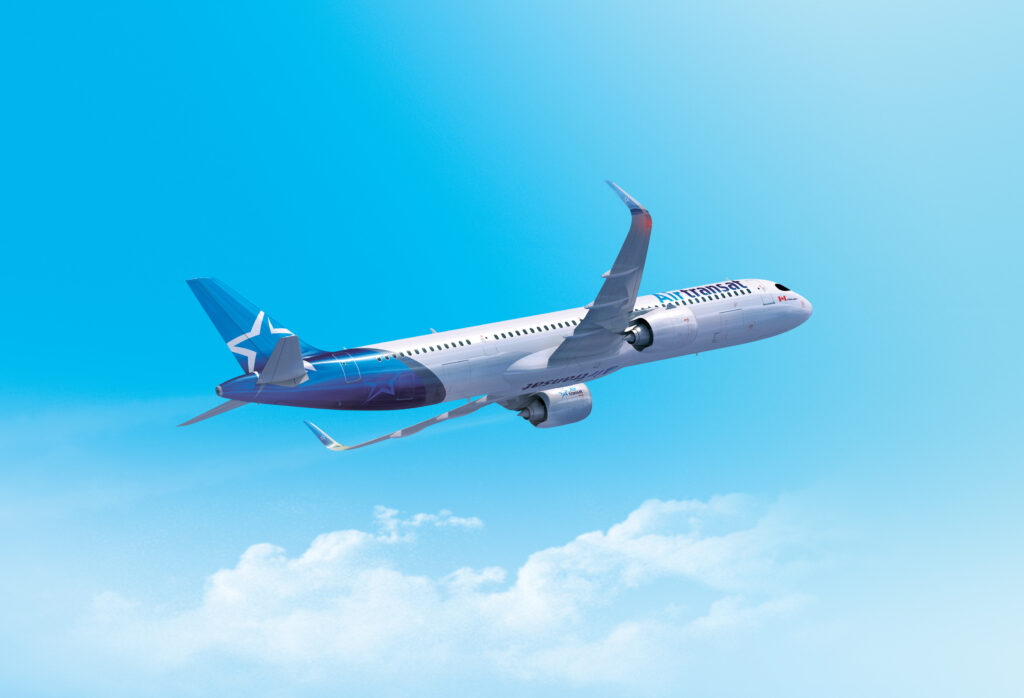
Looking Forward with Optimism
Transat is well-equipped to handle the peak summer season with a robust operational team and a growing fleet of aircraft.
While industry headwinds persist, the company’s commitment to operational excellence and strategic partnerships paves the way for future success.
Customers can expect a continued focus on delivering a positive travel experience as Transat navigates the competitive travel landscape.
Financial Performance in Summary
- Second Quarter: Revenue of $973.2 million (up 11.8%), Adjusted EBITDA of $37.6 million (down from $56.1 million).
- Six Months: Revenue of $1,758.7 million (up 14.4%), Adjusted EBITDA of $29.0 million (down from $59.5 million).
Industry analysts will likely scrutinize Transat’s ability to navigate the current economic climate and mitigate the impacts of industry competition.
The success of the Porter Airlines partnership and the company’s debt management strategy will also be key areas of focus.

Click the banner to subscribe to our weekly newsleter.

Click the photo to join our WhatsApp channel so then you can stay up to date with everything going on in the aviation industry!





